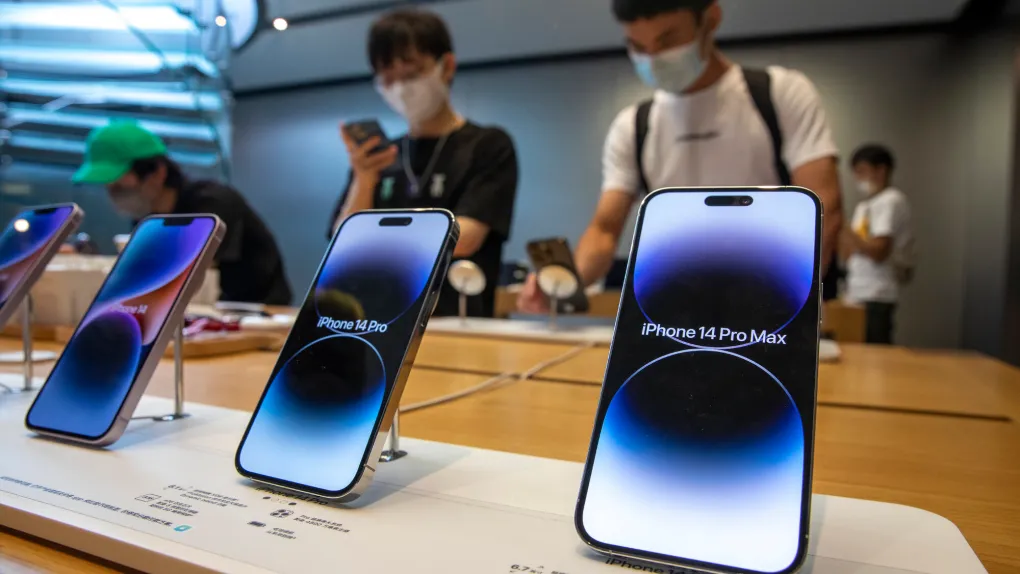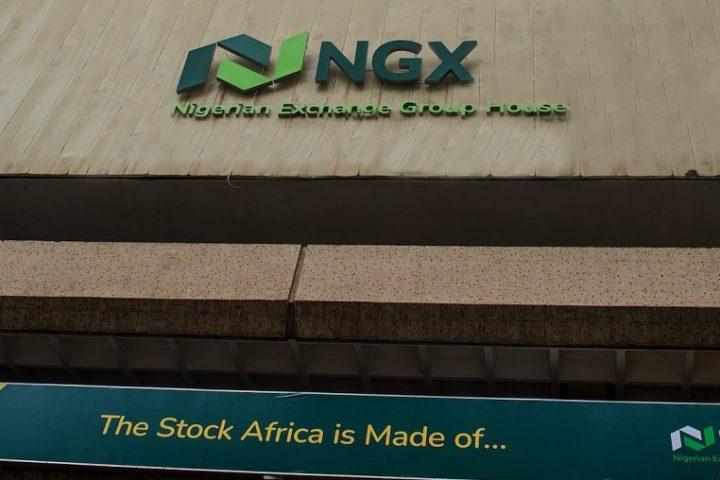In an unexpected turn of events, Apple’s shares have experienced a two-day decline after reports surfaced that Chinese government workers have been forbidden from using iPhones.
The technology giant’s market valuation has dipped by over 6 per cent, equating to nearly $200 billion, within this short period.
Join our WhatsApp ChannelChina, Apple’s third-largest market, contributed 18 per cent to its total revenue last year. Moreover, it serves as the primary manufacturing hub for Apple’s products, courtesy of its largest supplier, Foxconn.
According to The Wall Street Journal, Beijing instructed central government agency officials not to bring iPhones into the workplace or utilize them for work-related purposes.
READ ALSO: World Bank Urges Nigeria to Increase Public Spending for Infrastructure
Subsequently, Bloomberg News added to the growing uncertainty by suggesting that this ban could extend to employees at state-owned enterprises and government-backed organisations.
All of this unfolds a few days before the highly anticipated iPhone 15 launch scheduled for September 12. Notably, the Chinese government has remained silent on these reports, leaving the situation in suspense.
Apple which boasts of the world’s highest stock market valuation nearing $2.8 trillion, has yet to respond to inquiries made by the BBC.
The repercussions of this development have rippled through Apple’s supply chain, affecting companies like Qualcomm, the world’s leading smartphone chip supplier, which saw its shares plummet by more than 7 per cent on Thursday. South Korea’s SK Hynix also felt the impact with a 4% per cent dip in share prices on Friday.
These developments occur within the backdrop of escalating tensions between the United States and China. Earlier this year, the United States, along with Japan and the Netherlands, restricted China’s access to critical chip technology, prompting China to retaliate by limiting exports of crucial semiconductor materials.
Beijing is reportedly establishing a $40 billion investment fund to bolster its domestic chip manufacturing capabilities.
In an unexpected twist, during U.S. Commerce Secretary Gina Raimondo’s recent visit to Beijing, Chinese tech giant Huawei unveiled its Mate 60 Pro smartphone, followed by the launch of presales for the Pro+ model.
TechInsights, a Canada-based technology research firm, noted that the phone featured a new 5G Kirin 9000s processor developed by China’s largest contract chipmaker, SMIC.
This development showcases the significant strides made by China’s semiconductor industry, labeled a “big tech breakthrough” by investment firm Jefferies.
As tensions persist, U.S. Congressman, Mike Gallagher, Chairman of the House of Representatives Committee on China, has called for further restrictions on exports to Huawei and SMIC, further complicating the landscape of global technology trade.
Emmanuel Ochayi is a journalist. He is a graduate of the University of Lagos, School of first choice and the nations pride. Emmanuel is keen on exploring writing angles in different areas, including Business, climate change, politics, Education, and others.

















Follow Us